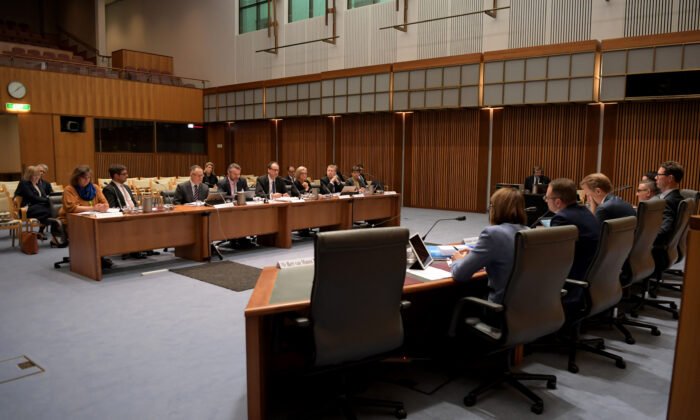ASIC prohibits retailer from using Centrepay to exploit vulnerable Indigenous consumers
Urban Rampage responded to the ASIC ban by stating, ASIC’s move is a throwback to the stolen generation,
The Australian Securities and Investments Commission (ASIC) has issued a final ban on Coral Coast Distributors (Cairns) Pty Ltd from enrolling customers into the government’s Centrepay credit arrangements at its Urban Rampage clothing retail stores.
ASIC found these arrangements to be unsuitable for Urban Rampage consumers, who are predominantly low-income Centrelink recipients living in remote First Nations communities.
The Centrepay agreements involve deducting credit repayments for purchased goods from customers’ Centrelink income before they receive their support payment, potentially depriving them of essential living needs.
With limited access to other credit options, these customers are at risk of financial hardship or are currently experiencing financial distress.
More than 10,000 customers are impacted by the Centrepay agreements, with nine out of Urban Rampage’s 10 stores reportedly involved in the malpractice. These stores are situated in various locations across Western Australia, the Northern Territory, and Queensland.
On Feb. 22, ASIC issued an interim stop order preventing Coral Coast from initiating new credit agreements via Centrepay. The interim order was extended on March 15, with ASIC delegate Phillip Mines making the final decision.
Mr. Mines recognizes that the ban will limit credit access for First Nations consumers but believes the protection of vulnerable consumers is paramount despite any potential negative outcomes.
This ban marks the first of its kind since the introduction of design and distribution obligations (DDO) in 2021.
The stop orders came after ASIC received complaints through its Indigenous Outreach Program and consumer connections.
“ASIC is concerned that [Coral Coast’s] Target Market Determination did not clearly define eligibility criteria, including how consumers’ financial capacity is evaluated,” said ASIC Deputy Chair Sarah Court.
Under ASIC’s enforced DDOs, Coral Coast must tailor credit facilities to align with consumers’ needs and financial abilities. The company is also required to publish a Target Market Determination for the credit services it provides.
Services Australia, the administrators of the Centrepay program, suspended Coral Coast’s existing Centrepay credit agreements and prevented new ones from being established.
ASIC had alerted Services Australia about over 100 businesses authorized to use Centrepay, but the warnings were ignored, and these businesses were not removed from the system.
ASIC Commissioner Alan Kirkland emphasized that this action should serve as a warning to other businesses misusing Centrepay in a detrimental way to Indigenous Australians.
“Addressing harm affecting First Nations Australians is a top priority for ASIC, and we actively collaborate with financial counselors and advocates in remote communities to understand the challenges these communities face,” Kirkland explained.
“Where ASIC identifies conduct that puts First Nations consumers at risk of financial harm, we will intervene,” he added.
Urban Rampage to Sue ASIC for Racial Discrimination
In response, Urban Rampage plans to challenge ASIC under the Racial Discrimination Act 1975 and appear before the Administrative Appeals Tribunal. Additionally, Urban Rampage criticized ASIC for making the decision without consulting affected customers.
“Since the beginning, we have maintained that ASIC’s actions have been racially discriminatory and paternalistic towards First Nations people, who make up a significant portion of our customer base. In the remote communities we serve, this ban appears to be favoring white individuals over black individuals,” Urban Rampage expressed.
“ASIC’s actions reflect a dark chapter from history reminiscent of the stolen generation. Despite more than 1,000 First Nations customers signing a petition condemning ASIC’s ban, the agency refuses to listen and undermines their ability to express themselves.”





